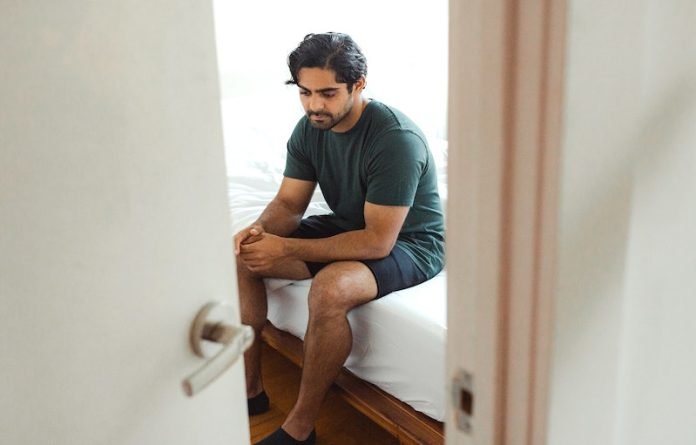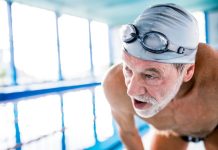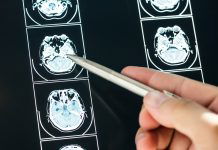
In a new statement from the American Stroke Association, scientists showed that 1 in 3 stroke survivors get depression.
According to the American Stroke Association, a division of the American Heart Association, depression is a common experience for stroke survivors.
The statement indicates that about one-third of stroke survivors experience depression—compared to 5%–13% of adults without stroke. If left untreated, it can affect the quality of life and make post-stroke recovery more difficult.
The team says depression following a stroke can be a normal psychological reaction to the stress of the injury, disability or brush with mortality brought on by the stroke
In other cases, it may be caused by structural, electrical or biochemical changes in the brain.
If certain brain regions are injured, the systems that regulate emotion may be damaged and produce depression, anxiety or PTSD-like symptoms in stroke survivors.
Depression and stroke are both examples of the many conditions which threaten brain health. The American Heart Association’s Life’s Essential 8 is a powerful tool to protect brain health and support longer, healthier lives.
The team suggests stroke survivors who experience depression should seek evaluation and treatment with a qualified professional.
Because a stroke can disrupt sleep, eating, continence and other bodily functions, self-care is critical including reaching out to friends and family for emotional support and overcoming any stigma associated with seeking help.
Unfortunately, because both stroke and depression still carry social stigma and shame, many stroke survivors are reluctant to seek help and may need extra support to acknowledge the symptoms of depression and seek treatment.
As with all forms of depression, a combination of counseling, medication, stress reduction, and regular exercise can all be helpful. Because depression is a serious health condition, treating it promptly and effectively is vital.
Treating depression not only improves mood, but also boosts physical, cognitive and intellectual recovery. Several studies show that depression goes hand in hand with lower levels of social support.
Support from family, friends, a stroke support group or a combination of resources can be beneficial for a stroke survivor’s mental long-term well-being and can be an important part of a treatment plan for post-stroke depression.
If you care about stroke, please read studies that diets high in flavonoids could help reduce stroke risk, and MIND diet could slow down cognitive decline after stroke.
For more information about depression, please see recent studies about a major cause of depression in older people, and results showing new drug could start fighting depression in just 2 hours.
The study was conducted by Lee H. Schwamm et al.
Copyright © 2023 Knowridge Science Report. All rights reserved.



